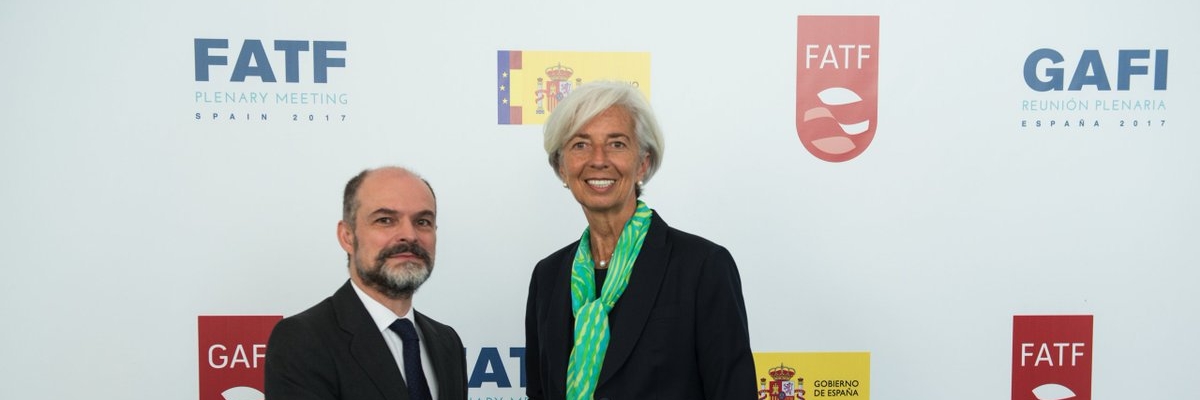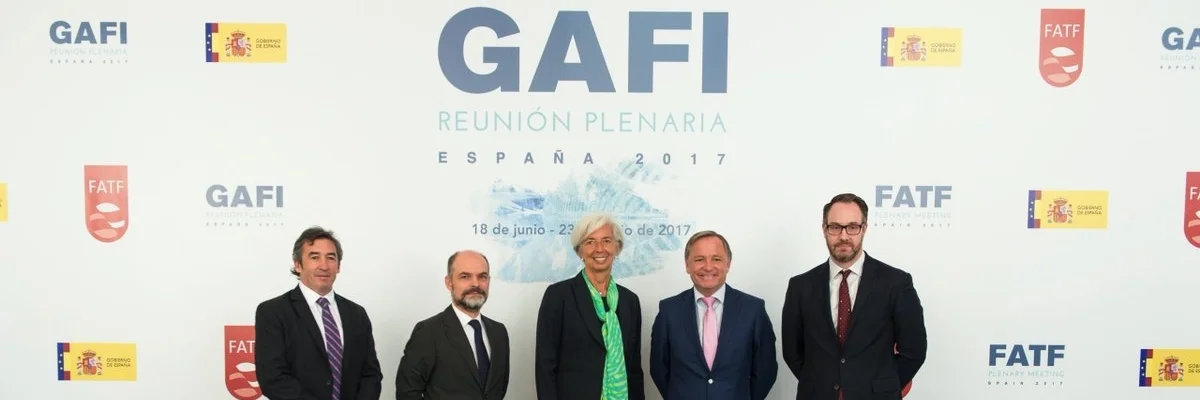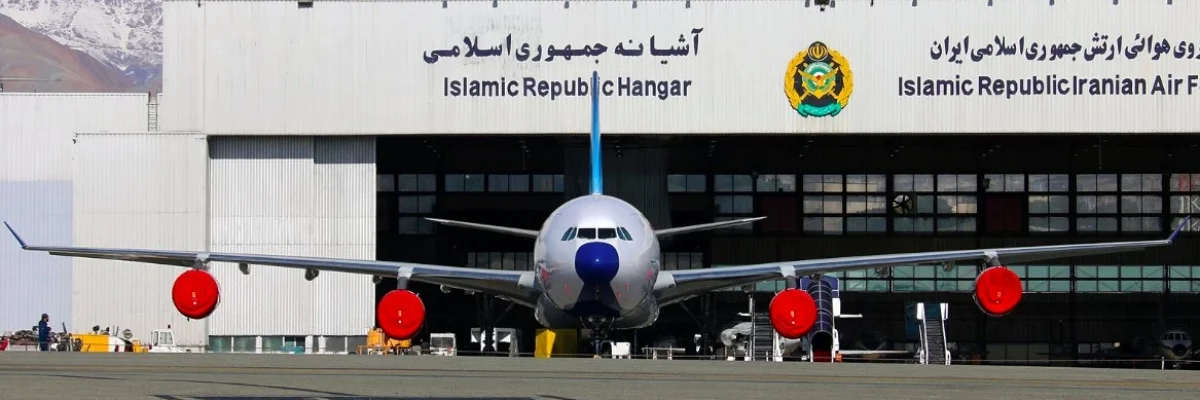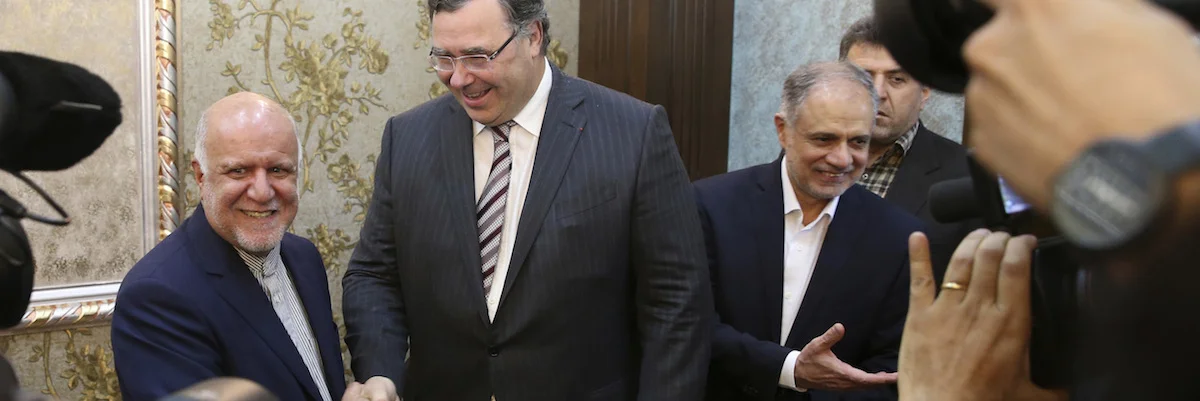◢ The president’s recent statement that OPEC may have something to do with the president’s own decision to create a crisis with Iran. While attention is duly paid to how much Americans have to pay at the pump, a more subtle and complicated story will soon play out with respect to Iran and the reapplication of US sanctions ordered by Trump on May 8, 2018. In fact, unless oil prices are contained, the primary result of the president’s action may be to ensure that Iran profits from the oil market risks that sanctions have created.
asdasdasdasdasdasdasdasdasdasd





















